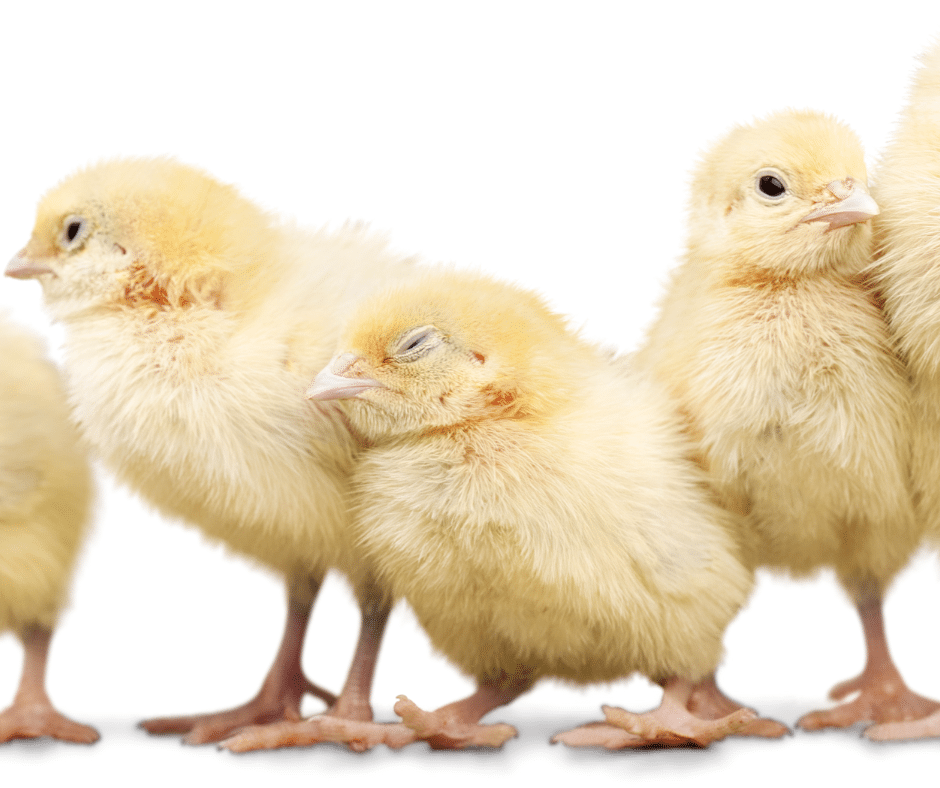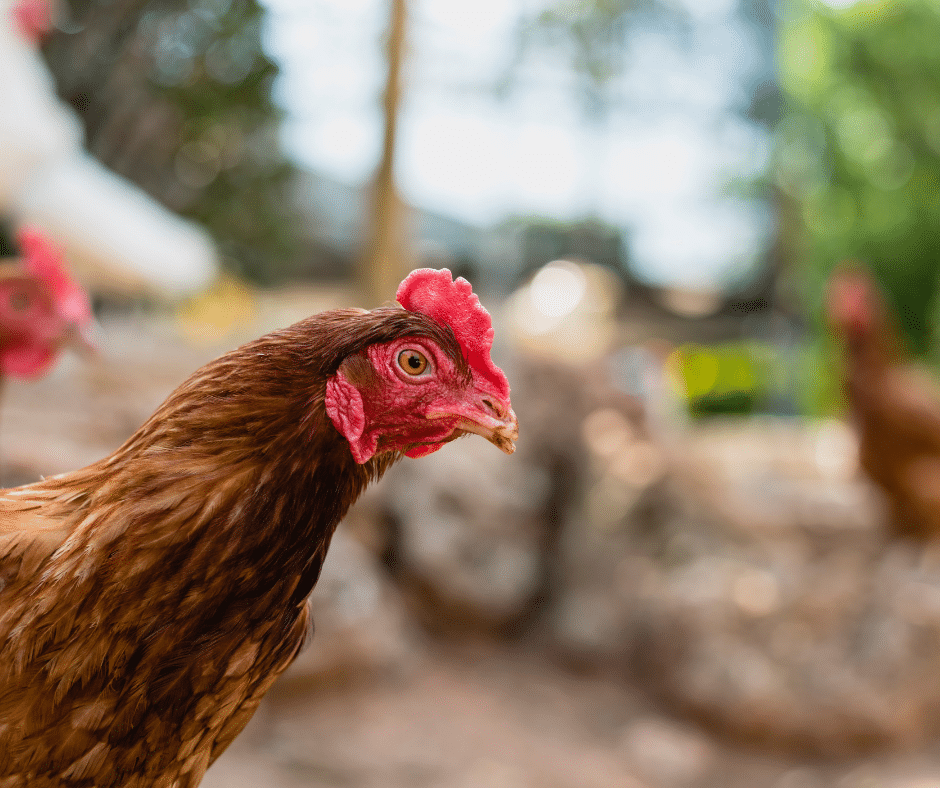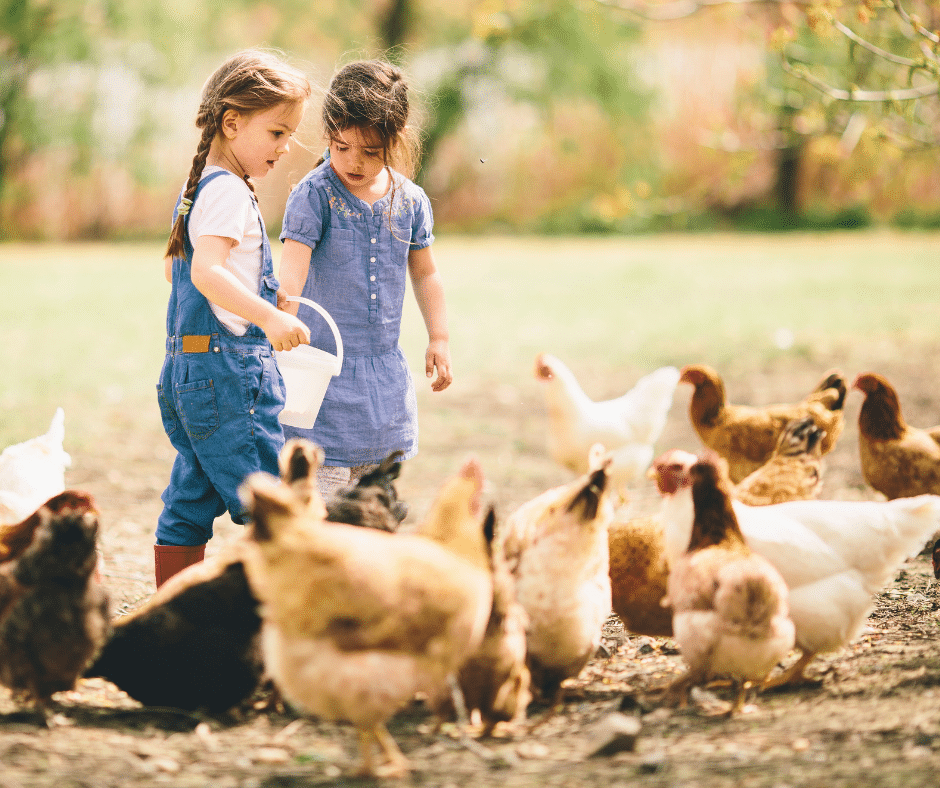Eggs are a healthy and nutritious source of food. They contain vitamins and minerals, as well as antioxidants and choline (which is good for your liver). Many people find it satisfying to know where their food comes from and like to keep chickens in their backyard for fresh eggs.

How much do you know about raising chickens?
If you’ve always wanted to know how to raise chickens, the first thing you need to do is learn more about hens. The best way to do this is by starting with baby chicks.
If you are not willing to take care of baby chickens (which requires daily care and attention), then it may be easier for you to start with grown hens that are laying eggs.
Laying hens will need at least 5 square feet of space, but if you want to provide them with outdoor access (which is highly recommended), they will require even more space (for example, 10 square feet of space for every hen).
You’ll also need to think about the breed that you want. Some hens are bigger than others, so you’ll want to choose one that is the right size for your needs. For example, if you have a small family or don’t eat lots of eggs, smaller hens will do just fine.

How much money should you invest in chicken coop equipment?
It is important to know how much you are willing to invest in your chicken coops before you buy anything. Before deciding, you should think about the number of chickens that you want to keep and whether or not they will have access to fresh air during most of their day.
For example, if you plan on having eight hens but only have room for three large dog houses, you may want to consider buying one very large coop.
What do chickens eat?
All hens need access to fresh water and a healthy diet. What they eat depends on what stage of their lives they are in. For example, baby chicks should be fed chick starter feed until they are six weeks old. Adult laying hens need a diet that is higher in protein.
You may be wondering how much chicken feed you will need to buy. It depends on the breed of chickens that you have, as well as their age and size.
Laying hens typically eat 2-3 pounds of food each day (depending on what they are fed), whereas baby chicks will need about 1/4 pound of food every day.
How often should you clean chicken coops?
It’s a good idea to scoop out the coop and change the bedding at least twice a year. It is recommended that you do this in the fall and spring, when temperatures are cool enough to prevent flies from breed in the coop. It is also a good idea to add fresh bedding at these times.
The frequency of scooping out and changing the bedding will depend on how large your chicken coop is, how many chickens you have, and what breed they are. You should keep an eye on how often it needs to be done and take action as soon as you notice a smell.

When should chickens start laying eggs?
Most hens will lay eggs between five and 20 months after they hatch. The breed that you have will determine how long it takes them to begin laying eggs. For example, if you have leghorn chickens, they may begin within 12 weeks, whereas other breeds may take up to 20 weeks.
Do chickens need a rooster in order to lay eggs?
No, it is not necessary for you to have a rooster in order for your hens to produce eggs. You can choose whether or not you want your hens to have access to one. It’s best if they have a rooster that is the same breed, but it isn’t necessary.
What can I do if my chicken won’t lay eggs?
A hen needs to have a healthy diet and be exposed to light in order for her body to produce eggs on a regular basis. If you notice an absence of eggs in your coop, make sure you provide lots of healthy food and give your hens access to natural sunlight every day.
Can chickens freeze in the winter?
Yes, but most breeds of chicken can withstand cold temperatures quite well. They do not necessarily need a heated chicken coop in order to survive the winter months. If you live in an area with severe winters, you may want to consider a heated coop.
How many eggs will a chicken lay each day?
For most breeds of chicken, their egg production levels drop slightly during the winter months and increase in the springtime as daylight hours grow longer. In general, hens produce an egg every 25-29 hours.
In warm weather they may lay 6-8 eggs per week, whereas in wintertime it will be closer to 4 or 5.

What should you feed chickens?
Whole grains are an excellent source of healthy food for your poultry flock. Layer mash is a good choice because it contains lots of calcium – which is important when egg shells are forming.
You can also feed your hens table scraps or plants that have not been treated with chemicals. If you have a large yard, they may even be able to eat some of the plants that are growing there naturally.
Now that you’ve read all of the tips to raise chickens for eggs, you’re ready to get started with your journey. Do your research to find the best chickens for your local region and then follow our tips to make the most of your new chapter in raising chickens for eggs.
